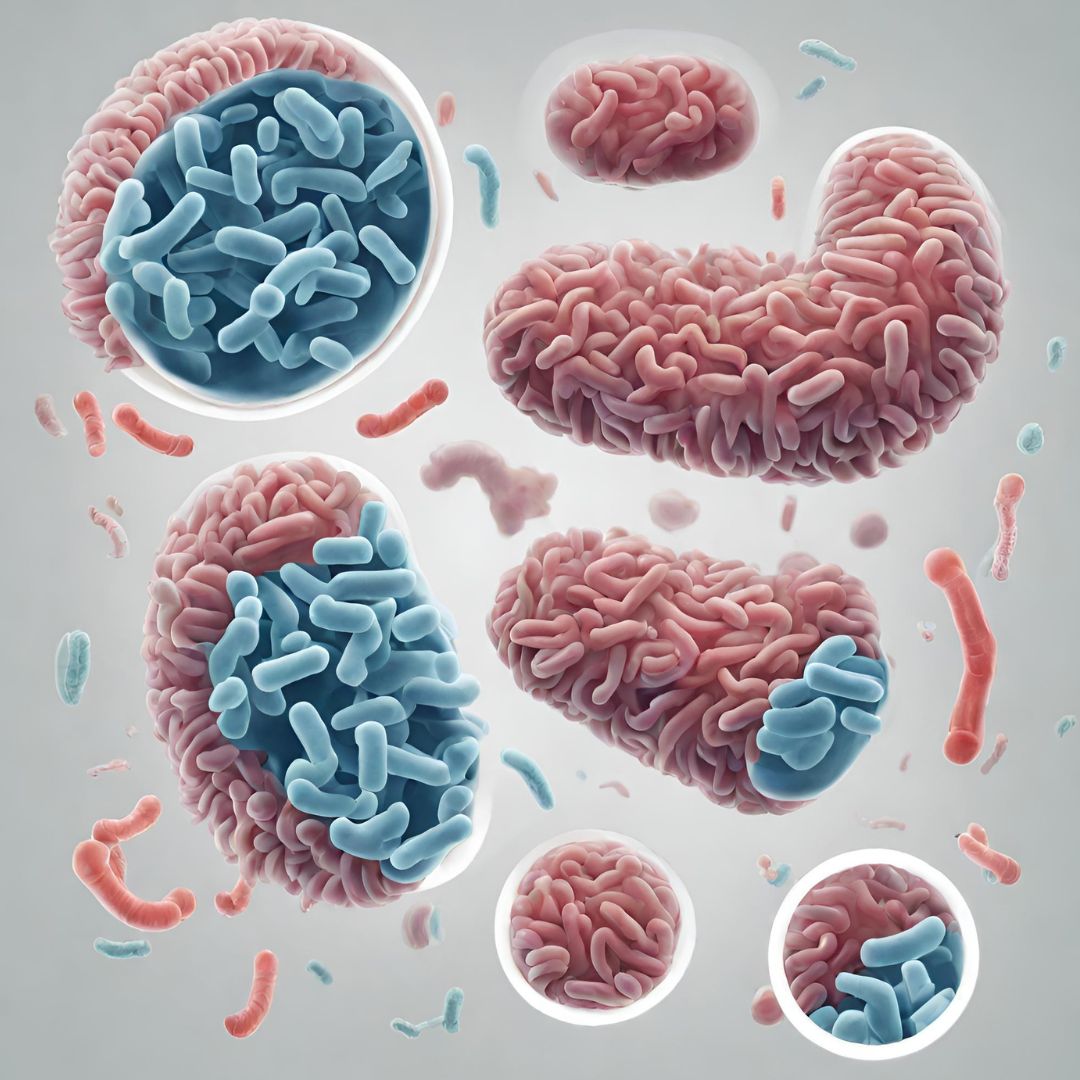Mild Enanthematous Bulboduodenitis: what is it?

Mild enanthematous bulboduodenitis is a gastrointestinal condition that affects the duodenum, the first part of the small intestine. This condition is characterized by mild inflammation of the duodenal mucosa. An important factor to consider is that mild enanthematous bulboduodenitis is often associated with bacteria in the intestine.
What is the Duodenum?
The duodenum is the first portion of the small intestine, located just after the stomach. It is a fundamental part of the digestive system, where most food digestion occurs. Inflammation of this area can lead to several uncomfortable symptoms and digestive problems.
Mild Enanthematic Bulboduodenitis: What Does It Mean?
Mild enanthematic bulboduodenitis is a medical condition that involves inflammation of the mucosa of the duodenum, specifically in the area of the ampulla of Vater. It is considered “mild” when the inflammation is of low intensity and does not cause significant damage to the mucosa. However, this does not mean that the condition should be neglected, as it can cause discomfort and digestive complications.
Causes of Mild Enanthematic Bulboduodenitis
One of the most common causes of mild enanthematous bulboduodenitis is the presence of bacteria in the intestine. The bacteria Helicobacter pylori is often associated with this condition, although other bacteria may also play a role. Furthermore, factors such as stress, poor diet and smoking can also contribute to the development of this inflammation.
Symptoms
Symptoms of mild enanthematous bulboduodenitis can vary from person to person, but common symptoms include:
- Mild to moderate abdominal pain, especially in the upper abdomen.
- Feeling of bloating and discomfort after meals.
- Heartburn and acid reflux.
- Nausea and, in some cases, vomiting.
- Loss of appetite.
- Lighter colored stools.
Diagnosis and Treatment
Diagnosis of mild enanthematous bulboduodenitis usually involves performing medical tests, such as upper gastrointestinal endoscopy, which allows the doctor to visualize the mucosa of the duodenum and identify inflammation. In addition, specific tests to detect the presence of the Helicobacter pylori bacteria, such as the urease test, can also be performed.
Treatment for mild enanthematous bulboduodenitis may involve the use of antibiotics to eliminate the bacteria, as well as medications to reduce inflammation and relieve symptoms. Diet and lifestyle changes may also be recommended to help reduce the recurrence of symptoms and promote healing.
In summary, mild enanthematic bulboduodenitis is a gastrointestinal condition characterized by mild inflammation in the mucosa of the duodenum, often associated with the presence of bacteria in the intestine. If you are experiencing persistent digestive symptoms, it is important to seek medical advice for proper diagnosis and treatment.
Always remember to consult a healthcare professional for specific advice related to your individual condition.





